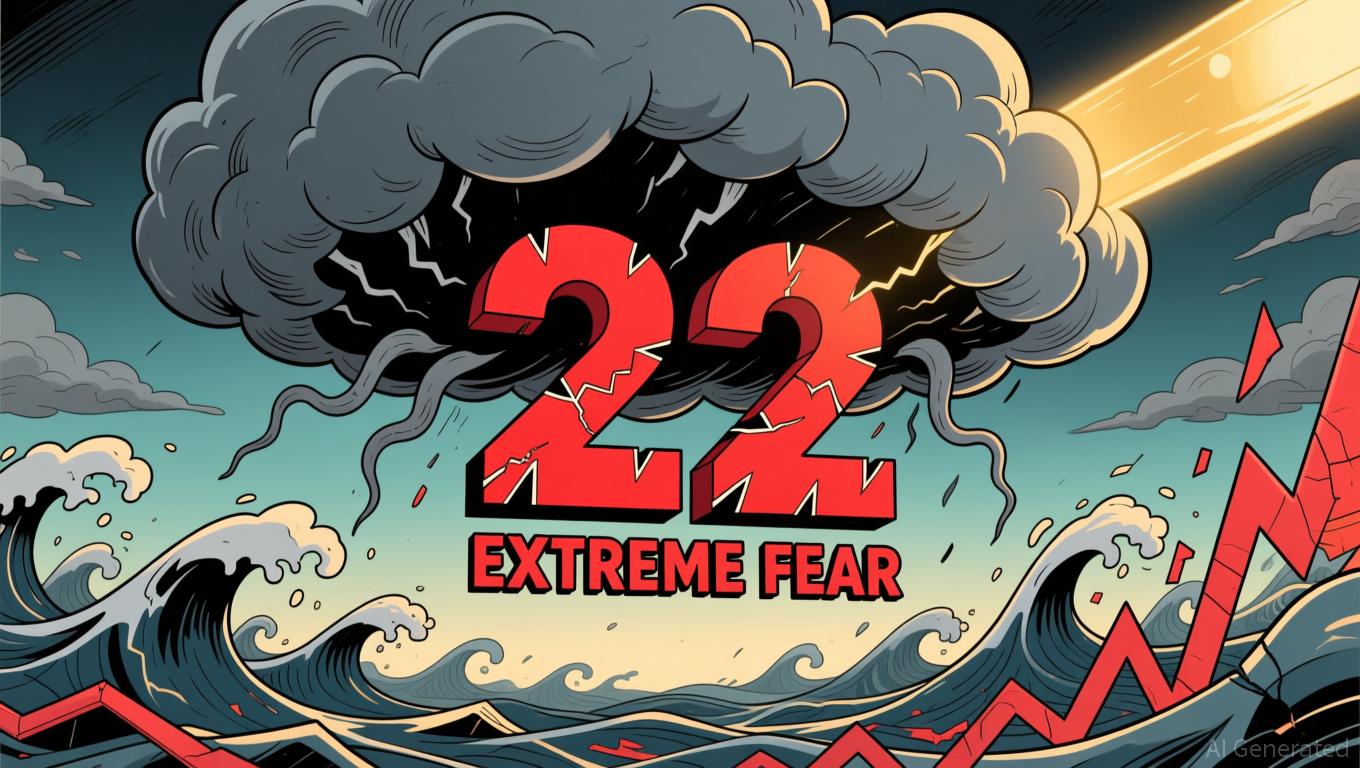Australia Equates Cryptocurrency with Traditional Banks to Foster Security and Innovation
- Australia’s government proposes mandatory AFSL for crypto exchanges and custody platforms, aligning digital assets with traditional financial regulations under the Corporations Act. - The draft framework, open for public consultation until October 24, 2025, mandates client fund segregation, cybersecurity protocols, and stablecoin collateral transparency to enhance consumer protection and market integrity. - Small operators handling under AUD 5,000 per customer or AUD 10 million annually are exempt, while

The Australian government has released a proposed legislative framework that would require cryptocurrency exchanges and custody services to secure an Australian Financial Services License (AFSL), bringing the industry in line with established financial sector regulations. Announced by Assistant Treasurer Daniel Mulino on September 25, 2025, these proposed rules are designed to strengthen consumer safeguards, boost operational transparency, and uphold market integrity, all while encouraging innovation within a regulated setting. The draft law, which is open for public feedback until October 24, 2025, marks a significant change in Australia’s digital asset regulation, shifting from a patchwork of oversight to a consolidated system under the Corporations Act.
According to the new guidelines, digital asset platforms—including those enabling crypto trading, exchanges, or transfers—as well as tokenized custody services that hold client assets, will be required to obtain an AFSL. These licenses will come with obligations such as keeping client funds separate, implementing strong cybersecurity measures, and undergoing independent audits. The draft also sets out strict rules for stablecoin issuers, mandating full collateralization and transparency to prevent under-collateralization risks. Certain “small, low-risk” providers—those managing under AUD 5,000 per customer or less than AUD 10 million in yearly transactions—will be exempt, ensuring that early-stage startups are not overburdened.
Violations of the new regulations could result in hefty penalties, including fines up to AUD 16.5 million, three times the benefit obtained, or 10% of yearly revenue, whichever is higher. These tough sanctions are intended to discourage wrongdoing and demonstrate the government’s resolve to hold crypto businesses to the same standards as traditional financial institutions. The draft also requires platforms to establish governance and risk management systems, such as maintaining minimum capital reserves and addressing conflicts of interest.
The response from the crypto industry has been mostly favorable, with leading companies like Kraken,
This draft legislation builds on several years of regulatory development, including policy documents from 2024-2025 and a 2022 review of token classification. By integrating crypto into existing financial laws rather than creating a separate system, the government aims to strike a balance between fostering innovation and protecting investors. The final version of the law is anticipated in 2026, with implementation timelines to be adjusted based on stakeholder input.
The proposed rules reflect a worldwide movement toward stricter crypto oversight, as seen in the EU’s Markets in Crypto-Assets (MiCA) regulation and the increasingly rigorous approach in the U.S. Australia’s model stands out for its exemptions for smaller operators and its emphasis on merging digital assets with the traditional financial system. This approach is intended to create a secure, competitive landscape for both new ventures and established institutions, helping position Australia as a frontrunner in regulated crypto markets.
Disclaimer: The content of this article solely reflects the author's opinion and does not represent the platform in any capacity. This article is not intended to serve as a reference for making investment decisions.
You may also like
Switzerland Postpones Crypto Tax Data Exchange to Meet Technological and International Requirements
- Switzerland delays crypto tax data sharing until 2027, aligning with global regulatory reevaluations amid evolving tech and market dynamics. - SGS acquires Australia's Information Quality to boost digital revenue, reflecting Swiss firms' expansion into tech-driven compliance solutions. - Canada's Alberta oil sands policy shift highlights governments prioritizing economic growth over strict climate regulations, mirroring Switzerland's approach. - BridgeBio's precision medicine and Aires' EMF solutions dem

Switzerland's Focus on Privacy Conflicts with International Efforts for Crypto Taxation
- Switzerland delays crypto tax data sharing with international partners until 2027, contrasting with global regulatory efforts to close offshore loopholes. - The U.S. advances implementation of the OECD's CARF framework, aiming to automate reporting on foreign crypto accounts by 2029. - CARF requires foreign exchanges to report U.S. account details, mirroring traditional tax standards and targeting crypto tax evasion. - Switzerland's privacy-focused stance highlights tensions between financial confidentia

Zcash News Update: Reliance Shifts Entirely to Zcash, Citing Privacy and Regulatory Alignment
- Reliance Global Group, a Nasdaq-listed fintech firm, shifted its entire crypto portfolio to Zcash (ZEC), divesting Bitcoin , Ethereum , and other major coins. - The strategic pivot, announced November 25, prioritizes Zcash's privacy-focused zk-SNARKs technology for institutional compliance and selective data disclosure. - Zcash's 1,200% 90-day price surge and Grayscale's ETF filing highlight growing institutional interest in privacy-centric assets. - The move reflects broader crypto industry trends towar
Bitcoin News Update: Bitcoin Fear Index Drops to 22 While Investors Look for Signs of Market Rebound
- Bitcoin Fear & Greed Index rose to 22 from 20, indicating slight easing of extreme fear but persistent bearish sentiment. - Bitcoin stabilized near $87,000 after hitting $80,553, yet remains below key resistance levels amid $3.5B ETF outflows. - Structural factors like leverage and liquidations drive selloffs, with ETF redemptions correlating to 3.4% price drops per $1B outflow. - Analysts note oversold technical indicators and waning retail capitulation as potential inflection points for near-term rebou
